Born in India • Birth year 1996 • Studied M.Sc in Mathematics at the Indian Institute of Technology Kanpur • PhD in Mathematics from the Indian Institute of Science (IISc) • Lives in Vienna, Austria • PostDoctoral Researcher at the University of Vienna’s Faculty for Mathematics
I grew up in a village of Haryana, a state in Northern India. I was drawn to maths from an early age because I was good at solving maths problems. After completing college education from Haryana, I successfully passed the entrance exam for a prestigious institution in India, IIT (Indian Institute of Technology) Kanpur, to pursue a Master’s degree in Mathematics. Since the exam is highly competitive, I consider being admitted to this institution as one of my greatest achievements.
During my stay at IIT, I realised that maths is more about testing your understanding of concepts and less about calculations. That’s when I also realised grasping a mathematical idea gives me immense satisfaction and decided to study mathematics at a higher level.
Before my entrance exam I wasn’t even sure I would be able to rank highly enough to be admitted. It was a very big moment for my entire family when I did as I was the first person in my family to get admission at IIT . We never imagined that this would even be possible.
During my stay at IIT, I realised that maths is more about testing your understanding of concepts and less about calculations. That’s when I also realised grasping a mathematical idea gives me immense satisfaction and decided to study mathematics at a higher level. I joined the Indian Institute of Science (IISc) for my Ph.D.
After completing my doctoral studies last year, I am currently working as a postdoctoral researcher at the University of Vienna, Austria. I am part of a large research group focused on discrete random structures with my personal focus being on algebraic combinatorics.
Algebraic combinatorics uses tools from algebra to solve problems in combinatorics, thereby acting as a bridge between the tangible world of counting objects and the abstract world of formulas. For instance, by using algebraic combinatorics we can solve everyday problems such as organising wedding seating charts where certain guests must sit together or better be kept apart, drawing up sports schedules where every team plays each other exactly once, or designing music shuffle algorithms that feel truly random by avoiding song groupings from the same artist.
I feel that many women, especially in India, might not know what exactly having a career in maths actually means or even that they can pursue a career in this field. I believe it is important to tell them that this is an option.
In terms of mathematical research, I have encountered a lot of diversity in Vienna. I have found a lot of great people to collaborate with around me, especially since our research group is fairly large with over 20 members.
As an Indian woman in mathematics, the environment I trained in featured very few women. It was discouraging sometimes. I feel it would have helped me, if there had been more women doing what I was doing at the time.
I feel that many women, especially in India, might not know what exactly having a career in maths actually means or even that they can pursue a career in this field. I believe it is important to tell them that this is an option.
However, there have been some great ideas and steps to bring more women into existing institutions. I can see that the number of women being admitted into Indian maths institutes is increasing.
Women’s education in general is on the rise. In the village I grew up in, people weren’t keen on women to study when I was young, but now they encourage their girls to get an education. This is a rather unexpected side effect of the rising cost of living. As a result, women are now encouraged to pursue paid work.
My dream for the future is to first build a career in academia. In future, I would like to return to India and work to inspire more Indian women to get involved in maths. This is my way of trying to help future generations of Indian women be more represented if they choose mathematics as their career path.
Published on January 28, 2026.
Photo credit: Shivangi


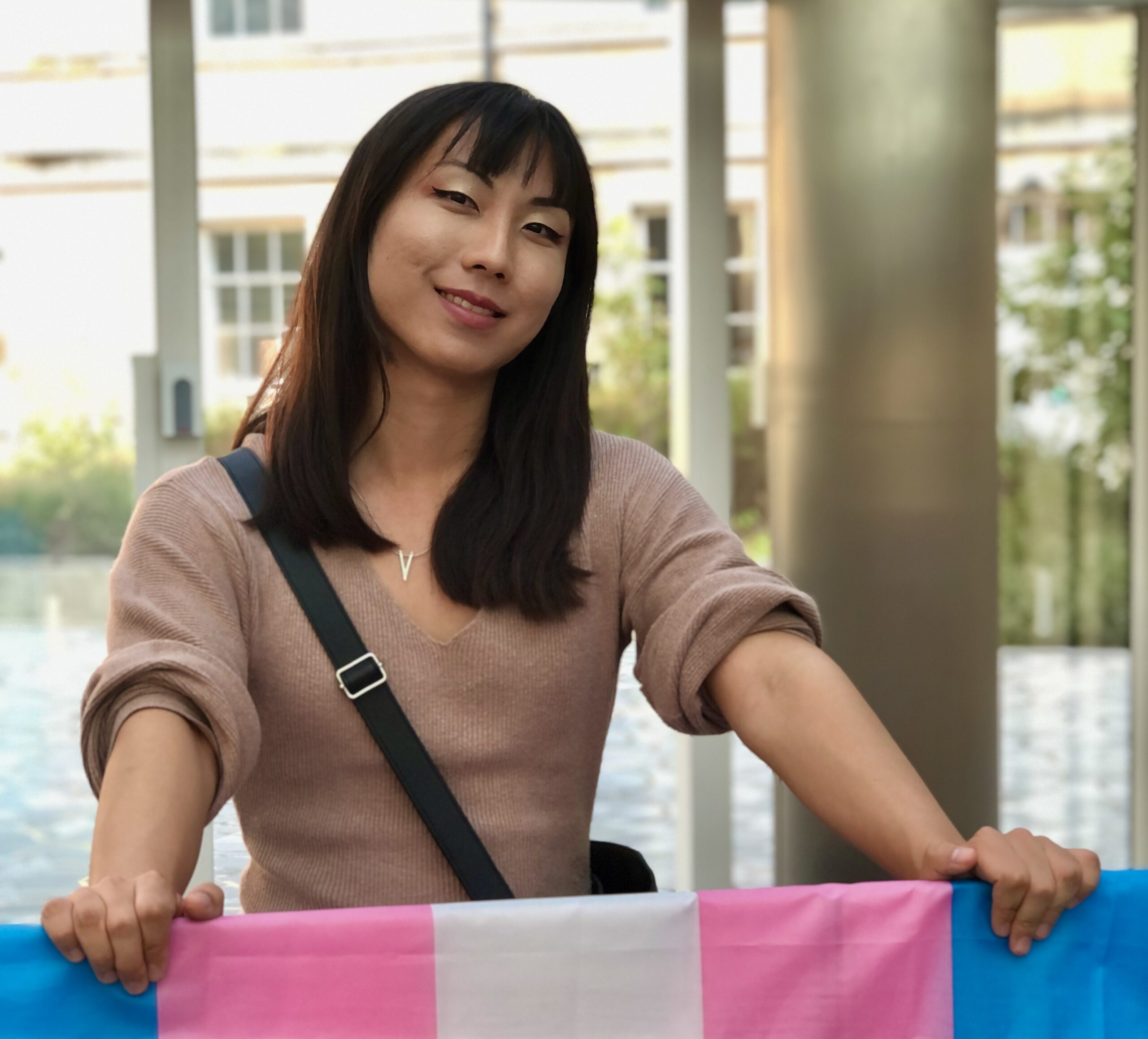
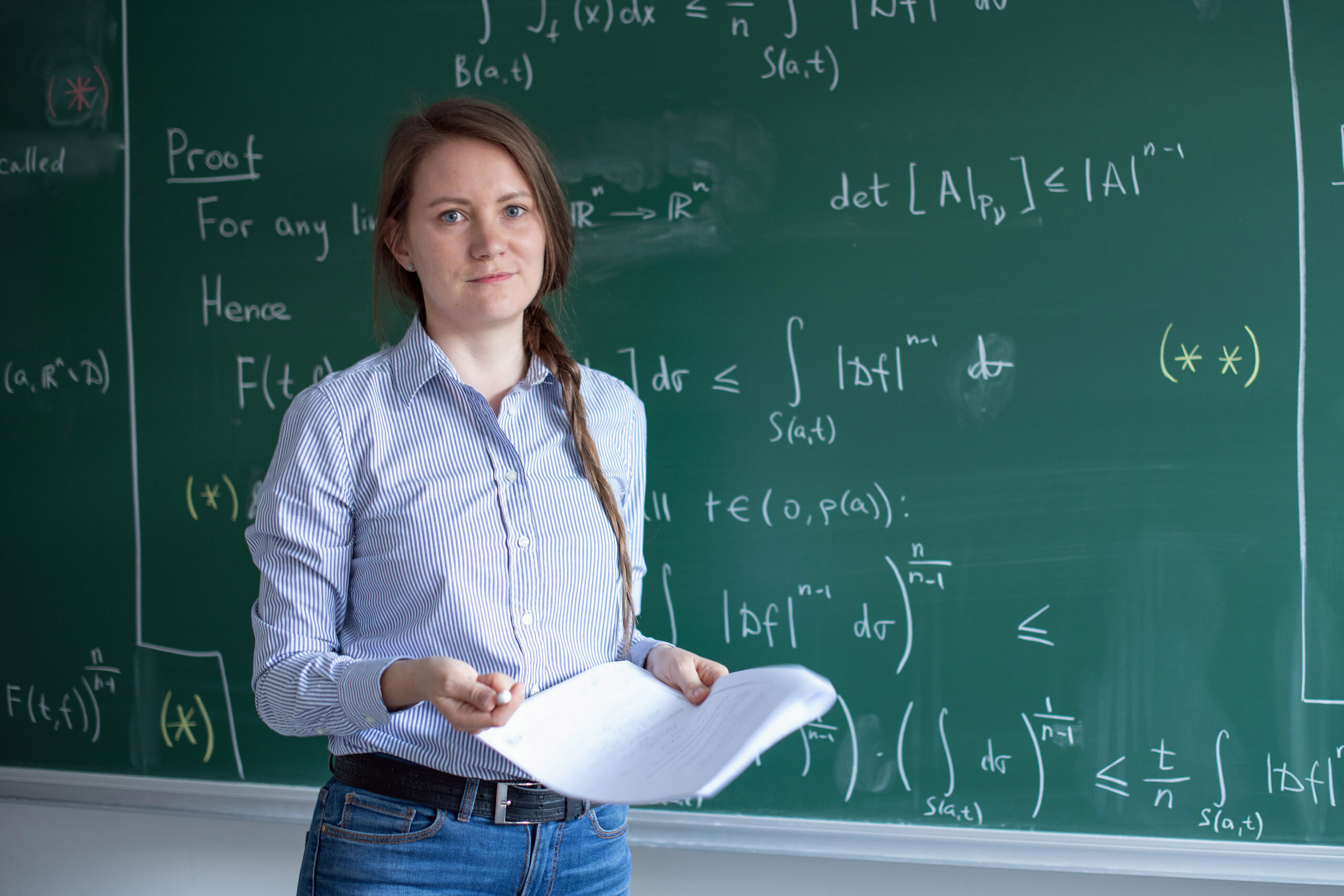
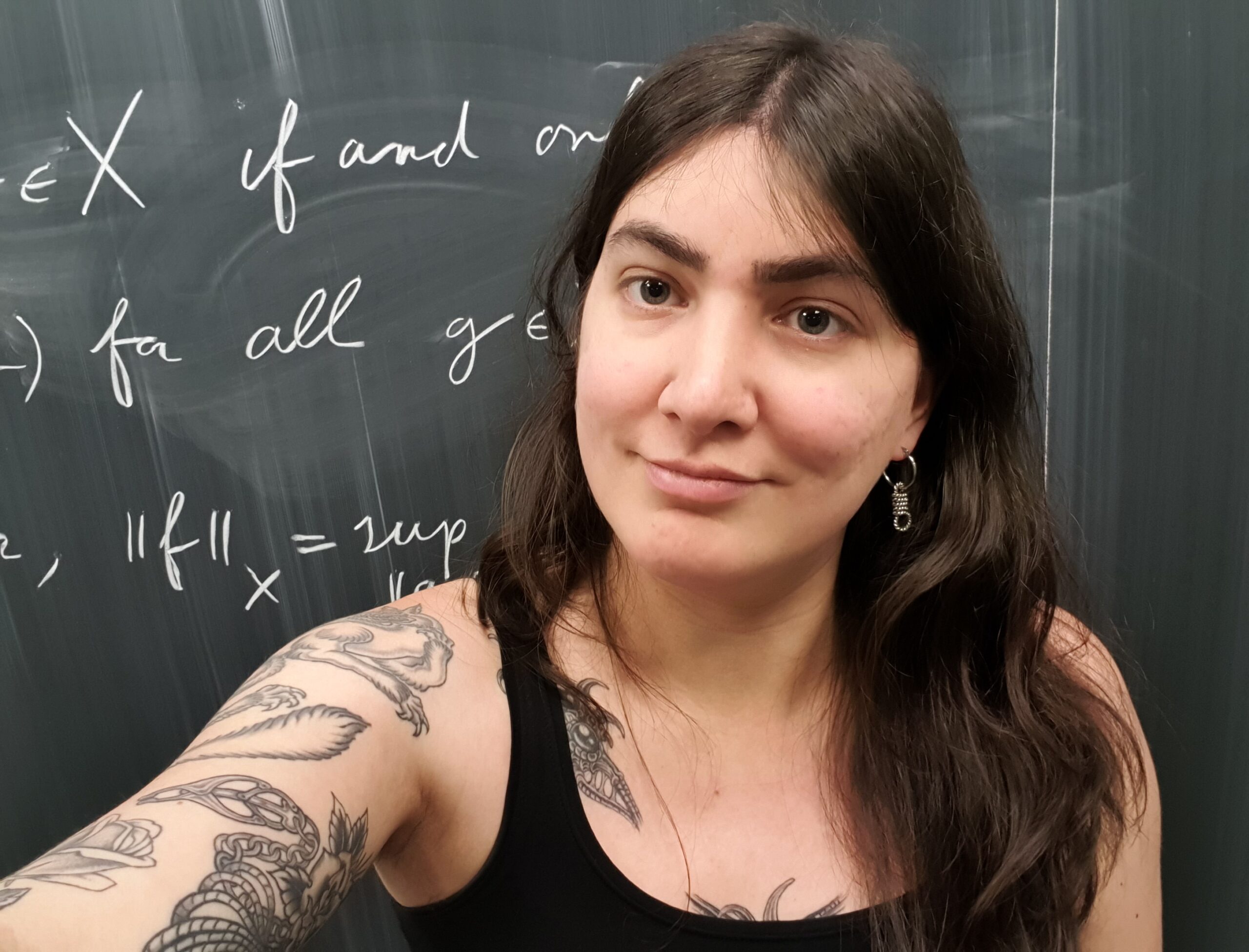

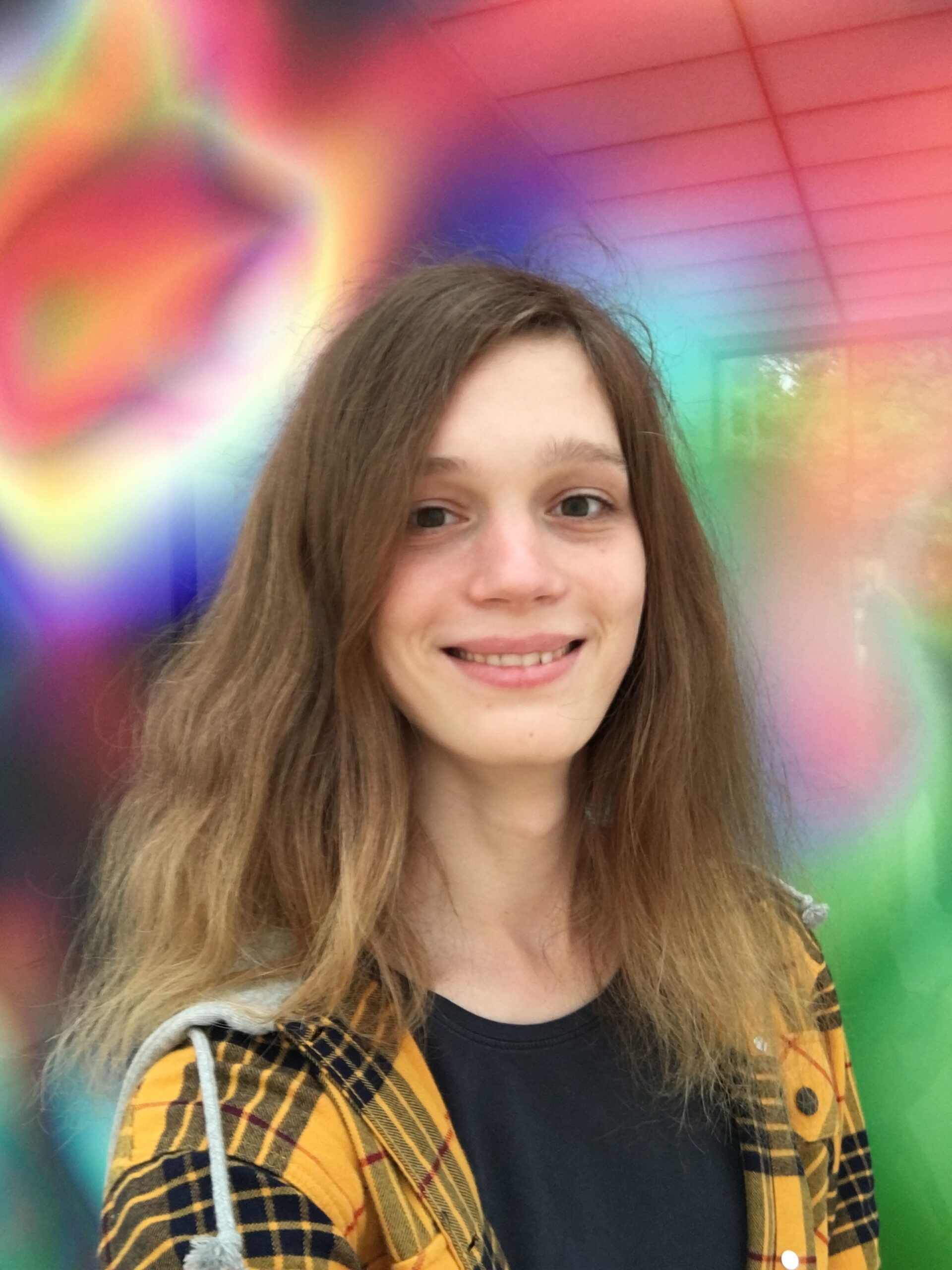

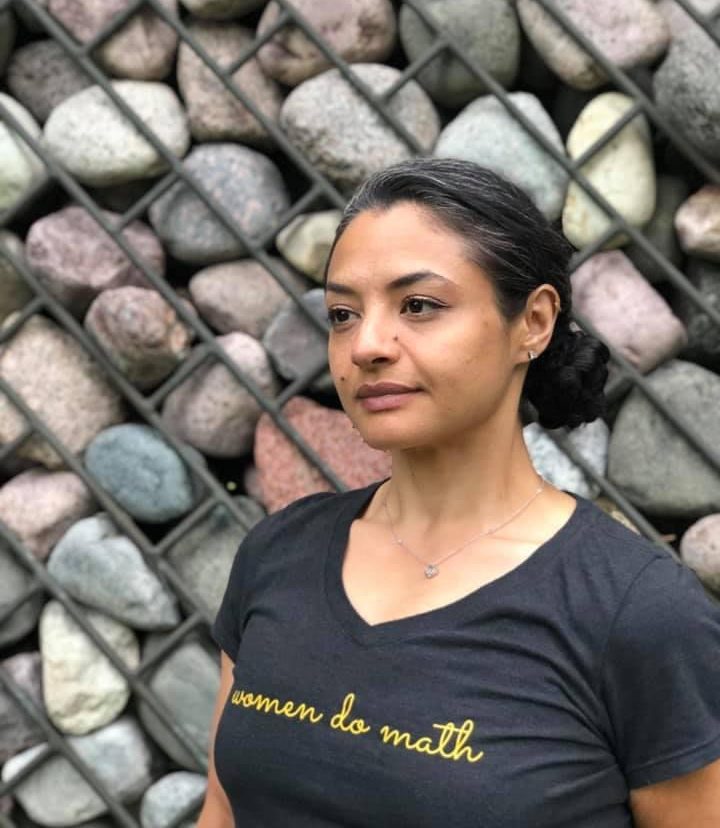
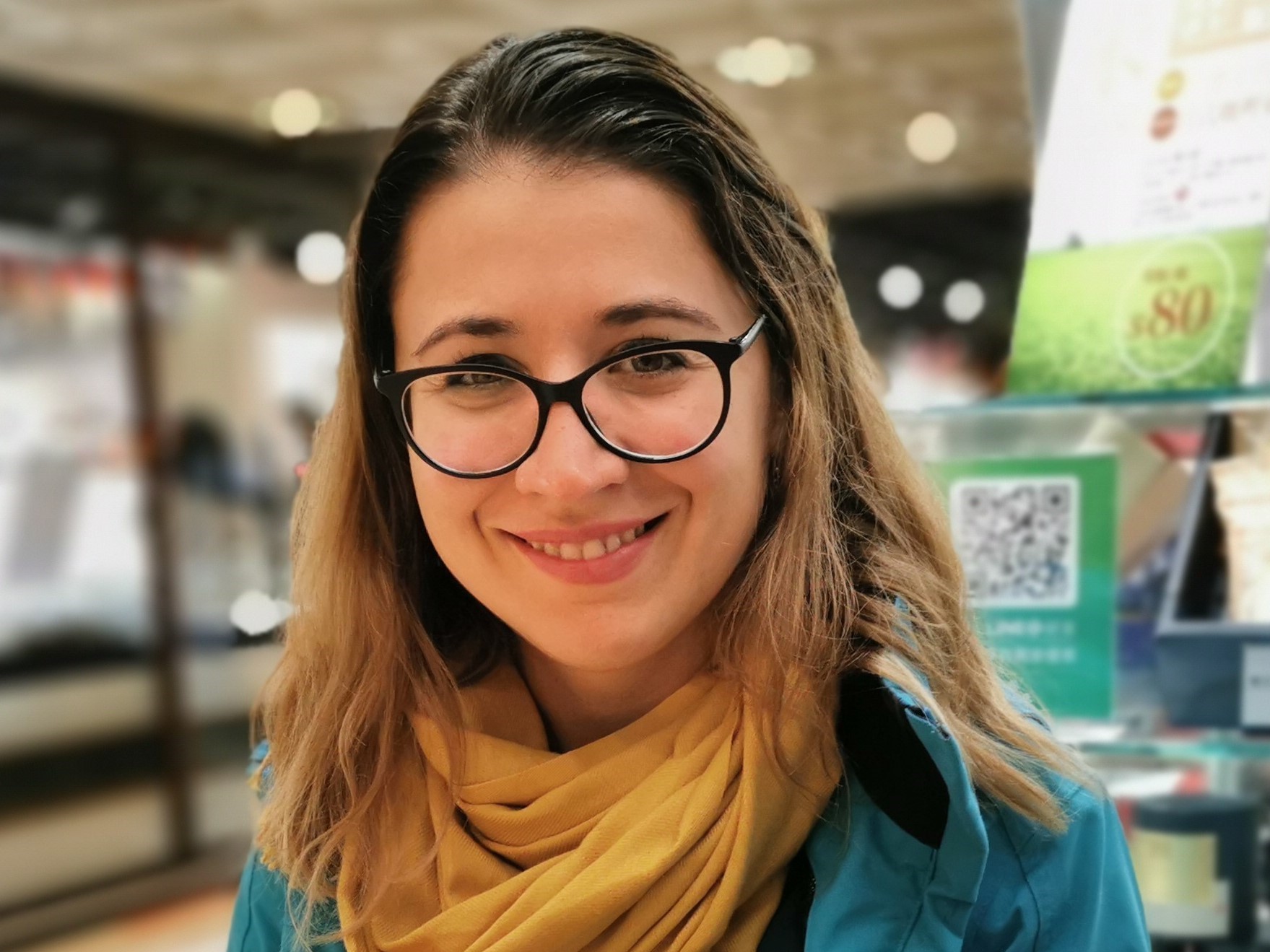
Recent Comments